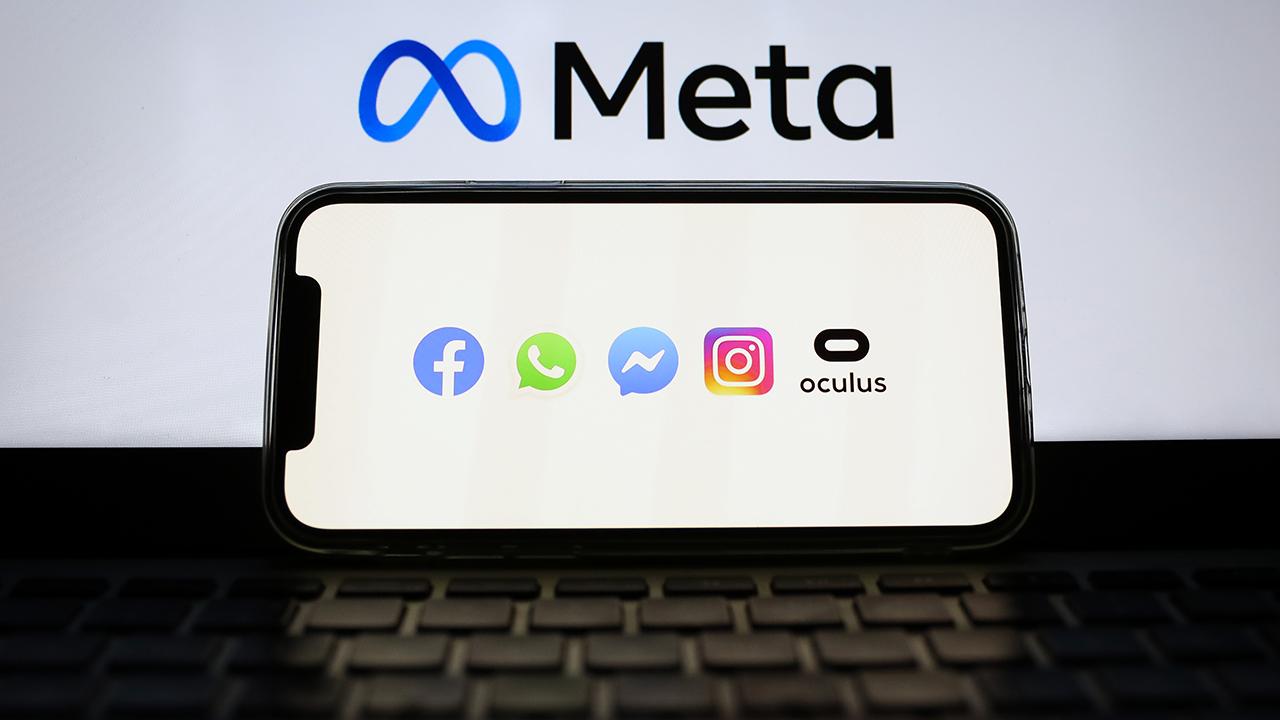Meta Platforms Reveals the Spyware Firms You Need to Know About – A Quick Look
Meta Platforms, the parent company of Facebook, has recently warned about eight spyware firms that are actively targeting users across iOS, Android, and Windows devices. These firms are based in Italy, Spain, and the United Arab Emirates (U.A.E.) and operate in the surveillance-for-hire industry.

The Spyware Firms. Who Are These Companies?
The eight companies identified by Meta are:
- Cy4Gate/ELT Group
- RCS Labs
- IPS Intelligence
- Variston IT
- TrueL IT
- Protect Electronic Systems
- Negg Group
- Mollitiam Industries
These firms have been found to engage in scraping, social engineering, and phishing activities that targeted a wide range of platforms such as Facebook, Instagram, X (formerly Twitter), YouTube, Skype, GitHub, Reddit, Google, LinkedIn, Quora, Tumblr, VK, Flickr, TikTok, Snapchat, Gettr, Viber, Twitch, and Telegram.
The Spyware Capabilities (What Can the Spyware Do?)
The spyware developed by these firms has capabilities to collect and access device information, location, photos and media, contacts, calendar, email, SMS, social media, and messaging apps. They can also enable microphone, camera, and screenshot functionality.
Examples of Spyware Attacks
For example, a company called RCS Labs, which is owned by Cy4Gate, created fake online personas that tricked users into giving their phone numbers and email addresses. They also tricked users into clicking on fake links. Another company, Variston IT, used fake Facebook and Instagram accounts to test their spyware and share malicious links.
Technical Details of Spyware Attacks (How it happens?)
Spyware attacks can be quite sophisticated. For instance, a unique SMS method involving User-Agent and x-wap-profile was used for reconnaissance. In another example, a network of fake personas connected to RCS Labs, owned by Cy4Gate, reportedly deceived users into giving their phone numbers and email addresses, as well as clicking on fraudulent links for reconnaissance purposes.
Indeed, the sophistication of spyware attacks is a growing concern. The use of unique SMS methods involving User-Agent and x-wap-profile for reconnaissance is a testament to the advanced techniques employed by these malicious actors. This method allows the attacker to gather information about the user’s device without their knowledge, providing valuable data that can be used for further attacks.
In addition, the creation of fake personas by companies like RCS Labs, owned by Cy4Gate, adds another layer of deception. These personas can appear legitimate and trustworthy, tricking users into providing personal information such as phone numbers and email addresses. They can also lure users into clicking on fraudulent links, which can lead to the installation of spyware on their devices. This multi-faceted approach to reconnaissance demonstrates the lengths to which these companies will go to infiltrate user devices and collect data. It underscores the importance of vigilance and the need for robust cybersecurity measures to protect against such threats.
How Can You Protect Yourself?
While the threat of spyware is real and can be quite intimidating, there are several steps you can take to protect yourself:
- Update Your Devices Regularly: Always keep your devices updated with the latest security patches.
- Install a Reliable Security Software: Use a reputable cybersecurity program to counter advanced spyware.
- Be Cautious of Downloads: Don’t download files unless they come from a trusted source.
- Avoid Clicking on Suspicious Links: Mouse-over links before clicking on them and make sure you’re being sent to the right webpage.
- Uninstall Unrecognized Apps: Go to your phone’s settings, click on “Apps,” and uninstall any apps you find suspicious. Same applies to pc and laptops.
- Run Regular Antivirus Scans: You may have an app that came packaged with your phone, or you may need to download one.
Conclusion
The revelation by Meta underscores the growing threat of spyware and the need for users to be vigilant about their digital security. It’s crucial to keep your devices updated with the latest security patches and to be cautious about the apps you install and the links you click on. Remember, your digital security is in your hands.
You think you have a story worth everyone’s time? SUBMIT A STORY and we will publish it
Share this content:




Post Comment